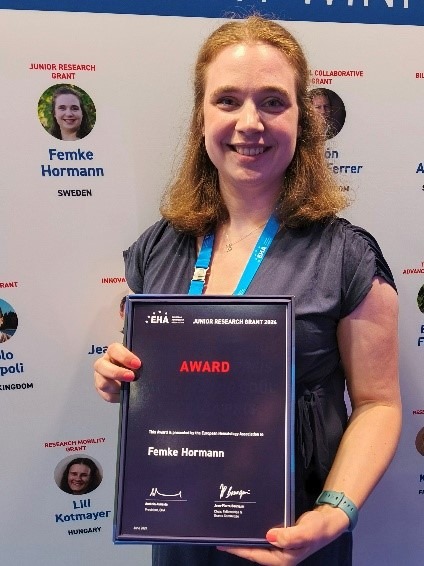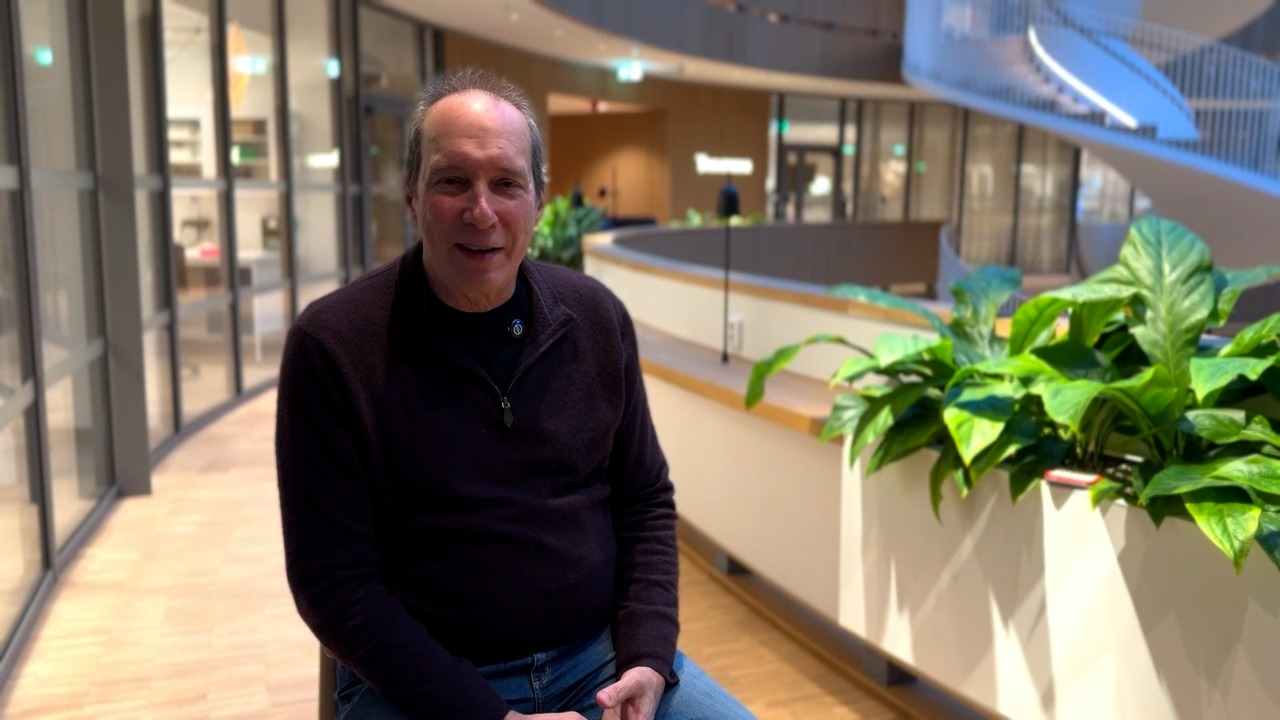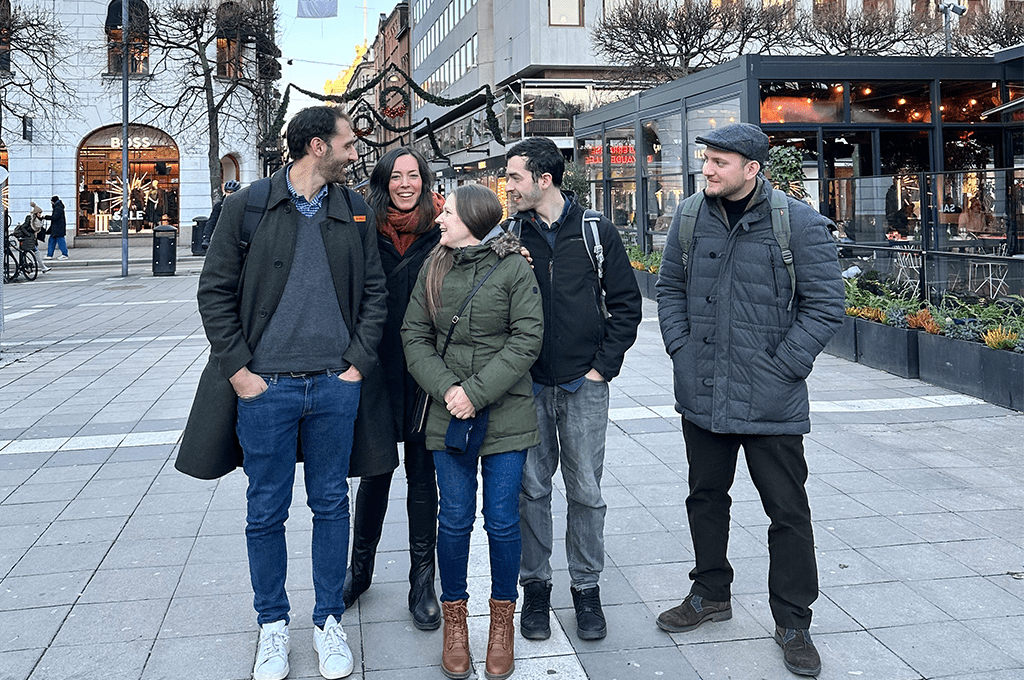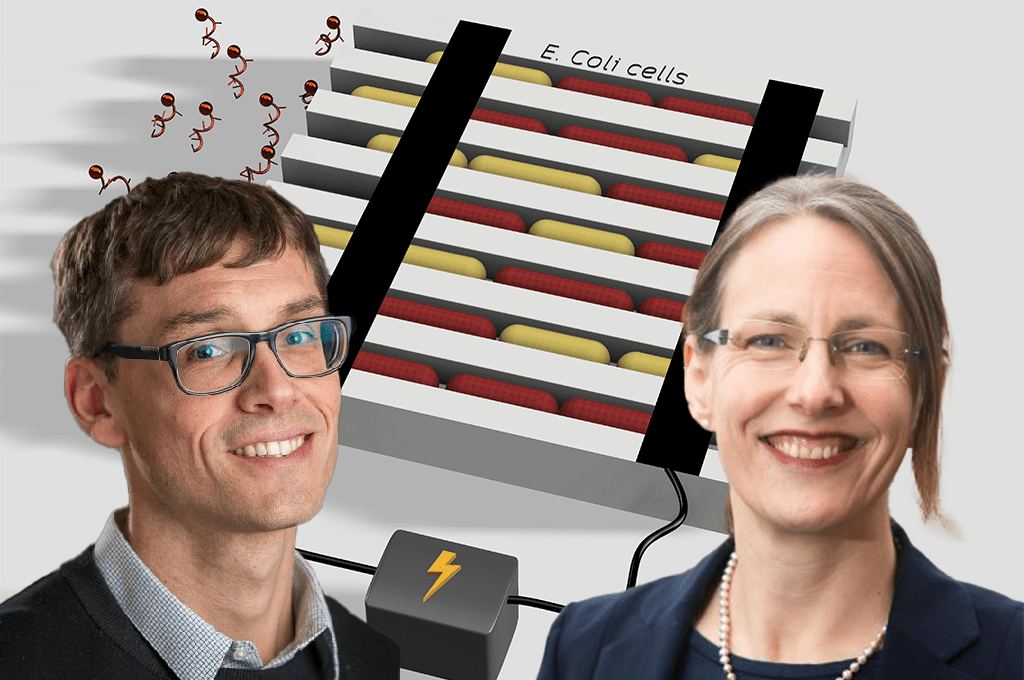SciLifeLab researcher Femke Hormann receives prestigious EHA Junior Research Grant
SciLifeLab and Karolinska Institutet (KI) postdoctoral researcher Femke Hormann recently received a prestigious Junior Research Grant from the European Hematology Association (EHA). Hormann’s proposal was based on preliminary data obtained in collaboration with the Chemical Biology & Genome Engineering Platform (CBGE) at SciLifeLab.
EHA Research Grants support talented early career researchers in their progression towards leading their own research groups. These grants are aimed at basic and translational lab-based research in hematology.
The research conducted by Femke Hormann in the group of Sean Rudd focuses on the mechanism of action of the nucleoside analog nelarabine in treating leukemia.
“I am very excited and honored to have been awarded an EHA junior research grant. Obtaining this competitive grant is an important step in my career toward becoming an independent researcher and fundamental for moving toward my goal of improving chemotherapy treatment of leukemia,” says SciLifeLab and KI postdoctoral researcher Femke Hormann. “Part of the preliminary data included in my successful application stems from collaborating with the fantastic infrastructure units here at SciLifeLab, particularly the Chemical Biology and Genome Engineering Platform. I am thankful for their help and support,” Hormann concludes.
While nelarabine has been an approved drug since 2005, its full potential in clinical settings remains untapped.
“Even though this drug has been approved since 2005, the mechanism of action remains unclear, which limits the optimal use of this therapy in the clinic. Currently, we don’t know what drugs we should combine nelarabine with or which patients would benefit the most from nelarabine. To improve how we use nelarabine, patients would benefit from more knowledge of the molecular mechanisms underpinning the activity of this drug, which my project aims to achieve,” Hormann says in an interview with KI.
Femke and Sean’s project had been selected for support in the 2022 CBGE platform pipeline call, which is now open again for applications. “Congratulations to Femke for this great achievement”, says Bernhard Schmierer, Head of CRISPR Functional Genomics and Platform Coordinator of CBGE. “This is a great example of how the cross-unit pipelines for mechanism-of-action elucidation at CBGE add value already in the very early stages of a research project.”
Contact

Femke Hormann
SciLifeLab researcher
Postdoc at Karolinska Institutet
Email: femke.hormann@scilifelab.se
Links
Chemical Biology Consortium Sweden
CRISPR Functional Genomics
Chemical Proteomics





